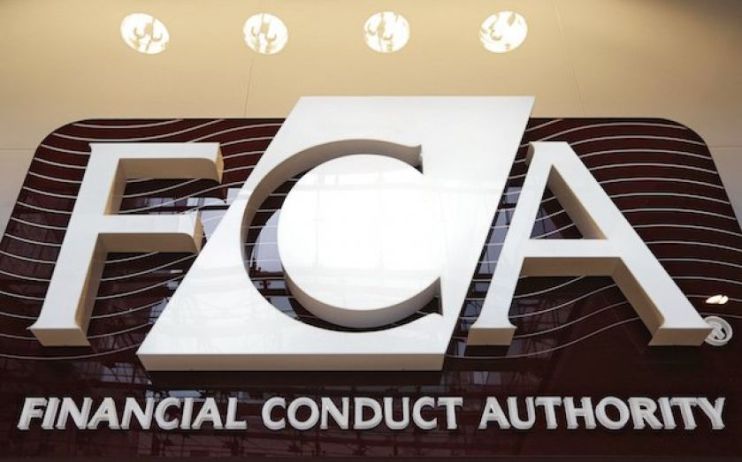Watchdog warns financial advisers on causing ‘significant harm’ to clients

Financial advisers were ticked off by the Financial Conduct Authority (FCA) today for causing harm to consumers.
In a letter to chief executives, the FCA noted a growing number of cases where firms’ actions resulted in “significant harm to consumers’ financial well-being”.
It picked out four ways in which clients could be harmed:
- receiving unsuitable advice
- falling victim to pension and investment scams
- not receiving redress from the ombudsman service or firms failing to compensate consumers
- paying excessive fees for products and services.
Subsequently, the regulator has said “preventing harm” should be a key priority. It will put “increased focus” on this over the next two years.
“You need to ensure the advice you provide is suitable, costs and charges are disclosed clearly, and you act in the best interests of your clients.
“Conflicts of interest must be identified and where they cannot be prevented, disclosed and managed.”
The FCA has previously found only half of all advice in the defined benefit pension transfer advice is suitable for clients.
Today, the watchdog reiterated this. It told advisers to “start from the assumption that a pension transfer is not likely to be suitable”.
Rory Percival, a consultant, tweeted that the increasing number of issues was “surprising and alarming”.
“We know about DB transfers but this appears to be wider,” he added.
Mark Turner, managing director of compliance and regulatory consulting at Duff & Phelps, said: “This is a far reaching letter to the IFAs, reminding them of the important role they play in advising consumers on arguably the most important and significant financial decisions of their lives.
“The FCA is clear that they are still seeing outcomes and practices that they don’t believe are acceptable, particularly in the areas of Defined Benefit (DB) transfer advice and PII. This letter is a call to action.
“Supervisory teams will now expect firms and their Senior Managers to address the points raised without delay.”
Main image credit: Getty